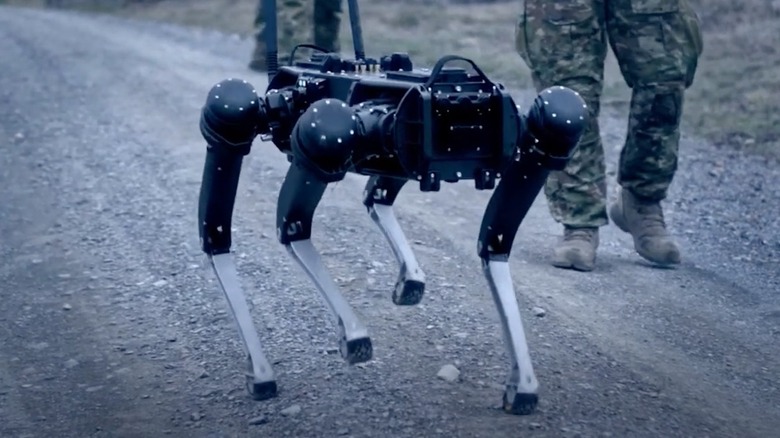Mind Control Tech Is Here, And Military Has Already Tested It On Robots
Medical science has hedged its hopes on mind control to help people living with mobility issues, while the consumer-facing side of the tech industry sees it as another cutting-edge solution to transform how humans accomplish tasks. Elon Musk-led Neuralink is the talk of the town in the field of brain interface tech, while Jeff Bezos and Bill Gates-backed Synchron has started testing mind-controlled computing on humans. The folks over at the University of Technology Sydney in Australia claim to have developed a biosensor tech that lets human subjects control machines with just their thoughts.
The whole biosensor apparatus, which relies on a customized Microsoft HoloLens kit for reading brain waves and issuing commands, is able to process and execute as many as nine commands in just two seconds. Developed with assistance from the country's defense experts, the tech is said to work "outside laboratory settings, anytime, anywhere," ending the role of conventional input devices like keyboards, touch screens, or machine vision gesture recognition. The dry wearable biosensor is a combination of graphene and silicon, which makes it conductive and durable as well as corrosion-resistant. The team behind the innovation also mentions that the biosensor can be deployed in extreme weather conditions.
Mind control inches closer to reality
The findings related to the thought-control biosensor have been published in the journal "ACS Applied Nano Materials." The 3D micropatterned sensor essentially reads EEG signals from the brain and, in the context of the announcement, allowed the person wearing it to control a quadruped robot. The sensors are attached to the scalp area, while the head-mounted display unit shows a pattern that users need to focus on for generating the controlling brain waves. As part of the tests conducted in partnership with the Australian Army, the team used an eight-channel HPEG sensor array that allowed controlling a quadruped robot with 94% accuracy.
The tech, as per the team, "offers the ability for the Australian Army to explore how soldiers interact with robotic systems during tactical missions." Aside from defense, the brain-machine interface (BMI) tech can also be applied in manufacturing as well as the health sector where it can prove to be of critical help to people living with disabilities. However, the team still needs to work on a few areas like figuring out hair density, applying the right amount of contact pressure, and the available area for sticking the graphene sensors to get a stable signal reading.
